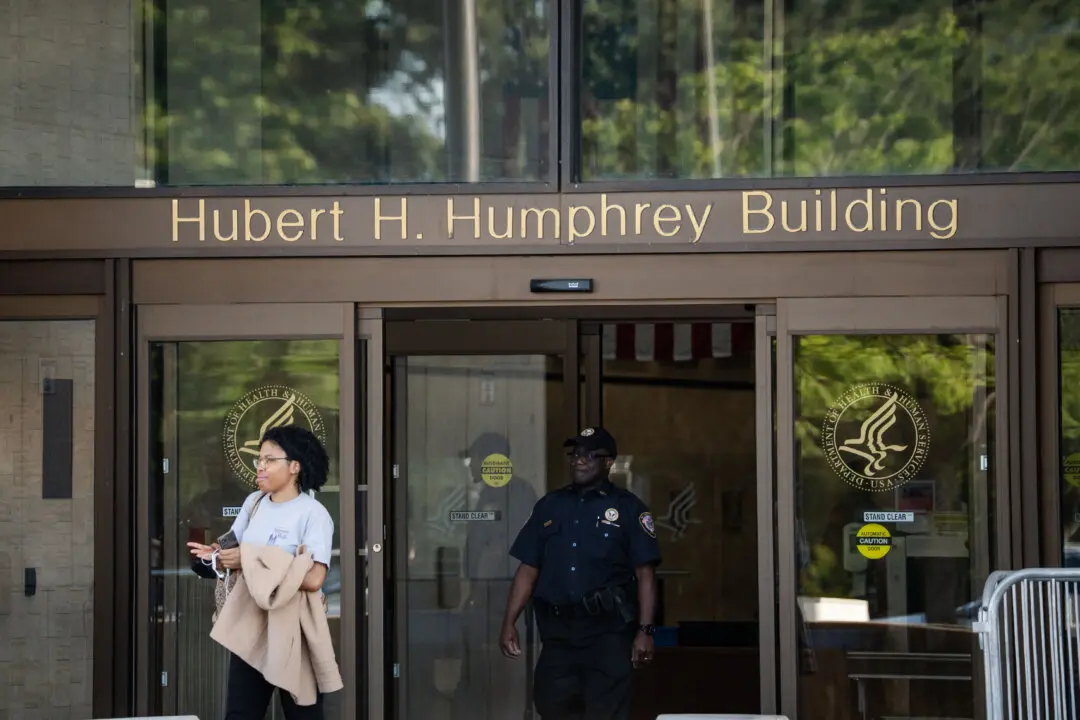An accused U.S. Capitol rioter was ordered released from jail on Oct. 26 after a federal judge expressed concerns about him remaining among fellow Jan. 6 defendants.
Thomas Sibick was released to the custody of his parents and told to submit to continued mental health treatment, according to court documents.





